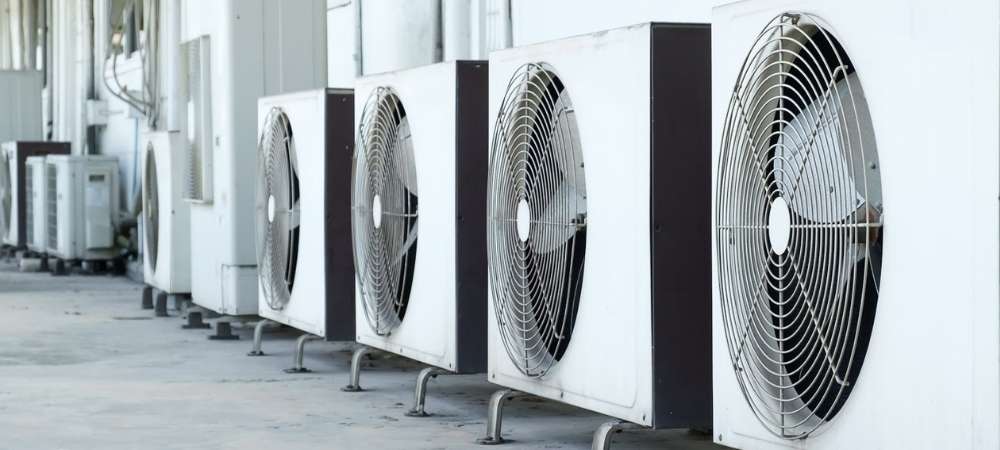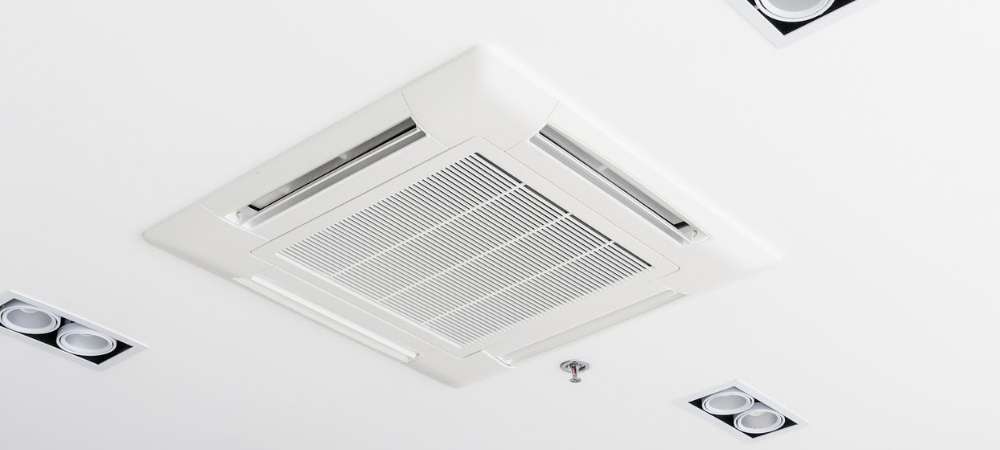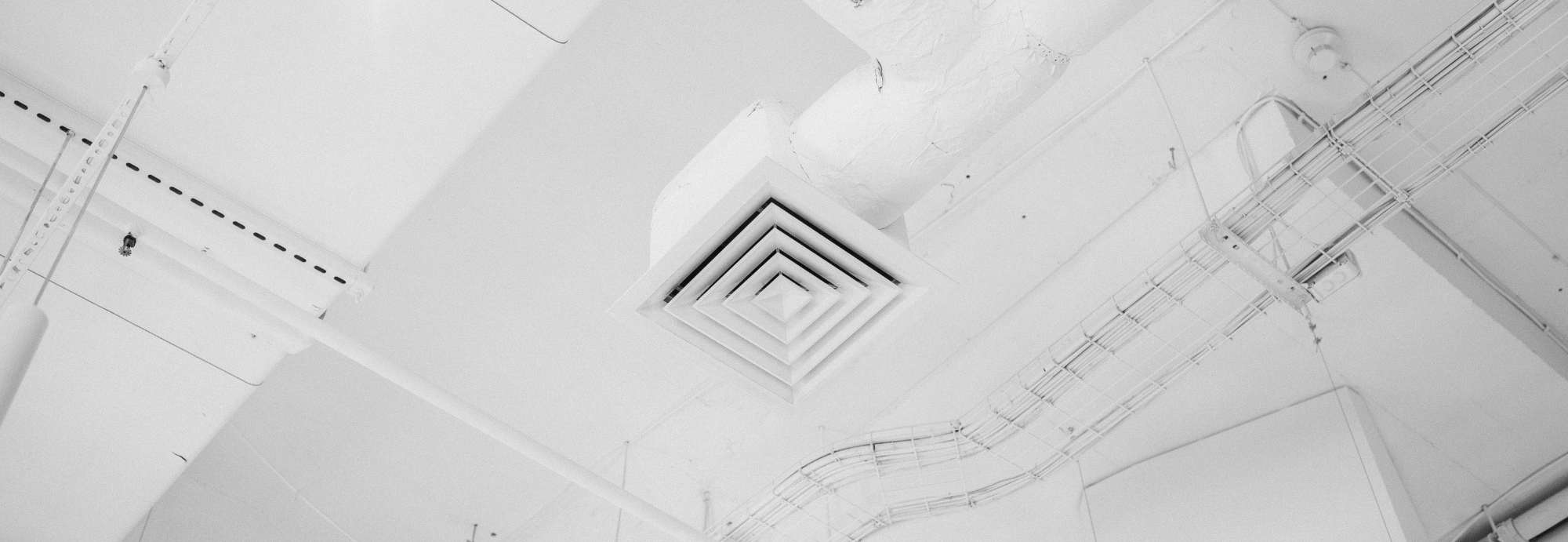There are several commercial air conditioning considerations you need to factor in if you are a builder, facility manager, or property owner. Choosing the right HVAC system for your commercial or industrial building isn’t as simple as you might initially think. The premises that you own, manage, or are building will have unique considerations that shouldn’t get ignored when deciding on the right kind of air conditioning system to install.
At Air-rite Solutions, we have been designing, supplying, installing and maintaining HVAC systems across Southeast Queensland for decades. As such, we are well equipped to help you understand the specific considerations for commercial air conditioning. From space to location to room size, here are the things that need to be at the front of your mind when considering which commercial air conditioning system to install next.

Consider the Space
The size of your commercial or industrial space will have an impact on the kind of HVAC system that you should opt for. The majority of commercial properties will require a larger system to adequately cool and heat the building’s interior. In order to optimise your system’s energy efficiency, you want a system that will provide the required thermal comfort without being more powerful than necessary.
If you are running a small retail business out of a cozy commercial space, then a simple split system air conditioning unit should suffice. However, if you’re managing a large commercial property or factory space, then you are going to need a multi-system ducted unit to distribute the air to multiple rooms.
Consider Your Workspace
One of the big commercial air conditioning considerations that should always be a factor is the type of work that is conducted in that building. A restaurant is going to have very different HVAC needs to an office block, which in turn will be very different to a manual labor factory.
You may need a HVAC system which can cool down individual parts of a building, or a system that can accommodate the needs of heavy machinery that may overheat if not cared for.
Consider the Size of the System
The size of your commercial air conditioning system is another important consideration to keep in mind. In general, commercial systems will be bigger than residential ones, for the simple reason that they usually have to service a larger space.
However, the size of individual components will also need to be considered. To get expert advice on which parts you should have installed, be sure to talk to a licenced HVAC designer, like the ones who work for Air-rite Solutions. They will be able to inspect your commercial property and decide on the right size for the following parts:
· Thermostat – Suggest Heat load capacity
· Blower – Airflow
· Compressor location
· Dampers
· Condenser fans – Suggest outlets/grilles
Consider the Type of Commercial Air Conditioning System
Finally, it’s time to consider the type of commercial air conditioning system that you want installed. There are a number of system types that you could have installed for your commercial space, but you’ll want professional advice from HVAC experts to see which is best for you.
A multi split system is a popular choice as it connects many indoor units to a single outdoor unit. This way, you save installation and power costs for only having to maintain the one system, while still having the benefit of multiple spaces being serviced.
Ceiling cassette systems are great for their minimalist, unobtrusive design, while still offering great air coverage for shops and offices.
And last but not least, large-scale commercial ducted systems are the choice for commercial spaces that require significant air coverage.

Air-rite Solutions Can Help with Your Commercial Air Conditioning Considerations
If you are looking for HVAC experts to help with your commercial air conditioning considerations, look no further than Air-rite Solutions. Contact us today on 07 3274 2199.





